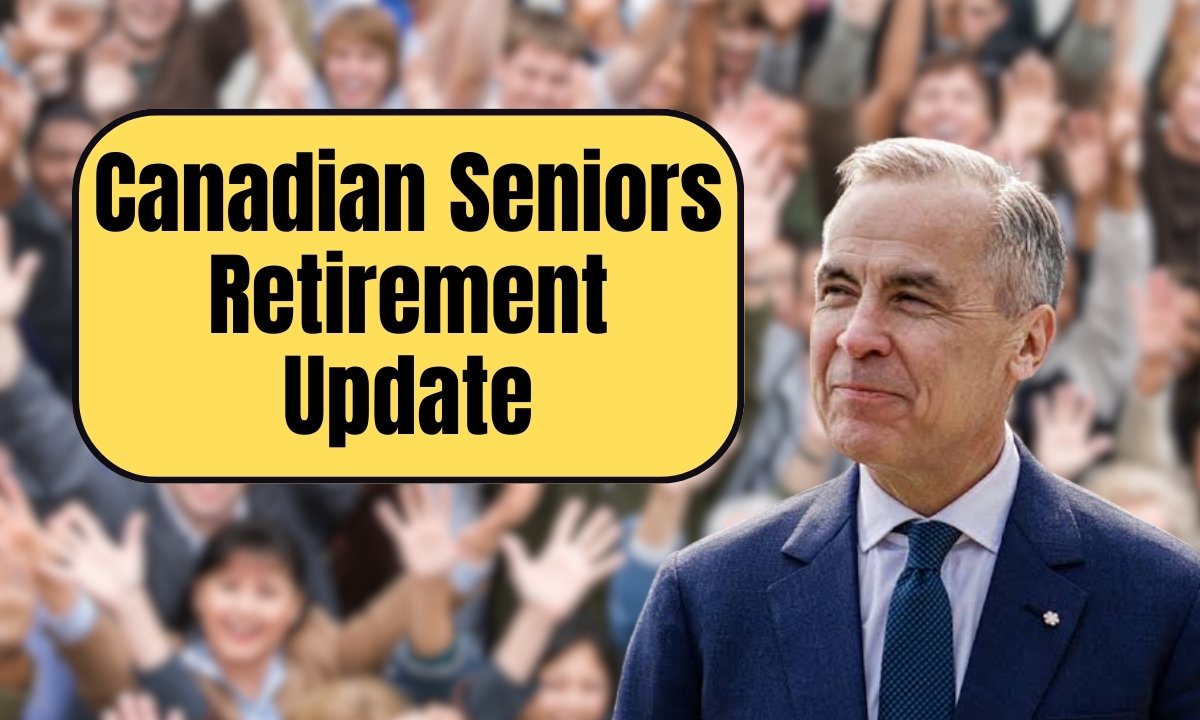There’s been increasing discussion about the possibility of Canada increasing the retirement age from 65 to 67, impacting benefits like Old Age Security (OAS). These are nothing more than rumours until a statement is issued by the federal government or the Canada Revenue Agency (CRA). The retirement age is still 65, and so are the CPP (Canada Pension Plan) and OAS.
What’s Fixed And What’s Flexible
At the moment, Canadians can start receiving their CPP retirement benefits at 65, with both early and late options available under the existing rules. Similarly, OAS begins at age 65, given that all other qualifying requirements and residence criteria are satisfied. Changing the OAS eligibility age to 67 is purely speculative, as there has been no supporting legislation or formal notice.
Why Is This Being Discussed?
What’s fueling this discussion is Canada’s changing demographics—aging citizens, longer life spans, and increasing strain on pension plans like the Canada Pension Plan (CPP) and Old Age Security (OAS). Every country is working on updating its retirement policies to be sustainable in the long run, and Canada is part of the overall discussion.
What The Government Is Saying (Or Not Saying)
There has not been any announcement regarding an official policy change of retirement age. The article you mentioned warns against trusting rumours without CRA or federal validation. The retirement age continues to be 65 as there has been no legislative action or official communication.
Actions To Take For Retirement Planning in Canada
Take note of the following suggestions when planning for retirement:
- Make certain you are informed of any news, either from the CRA or Service Canada and other related official websites.
- Look at the pension plans—CPP can be drawn from age 60 (with reductions) and post age 70 (with increments).
- Be prepared to face funds planning variability—such as phased retirement and private savings (RRSPs, TFSAs)—to provide a hedge for changes in policy.
- Discuss with a financial expert to customise your retirement schedule and income planning in the metrics that have the tendency of changing.
Also Read: Canada Senior Driving Rules 2025: What Changes And Who Is Affected

